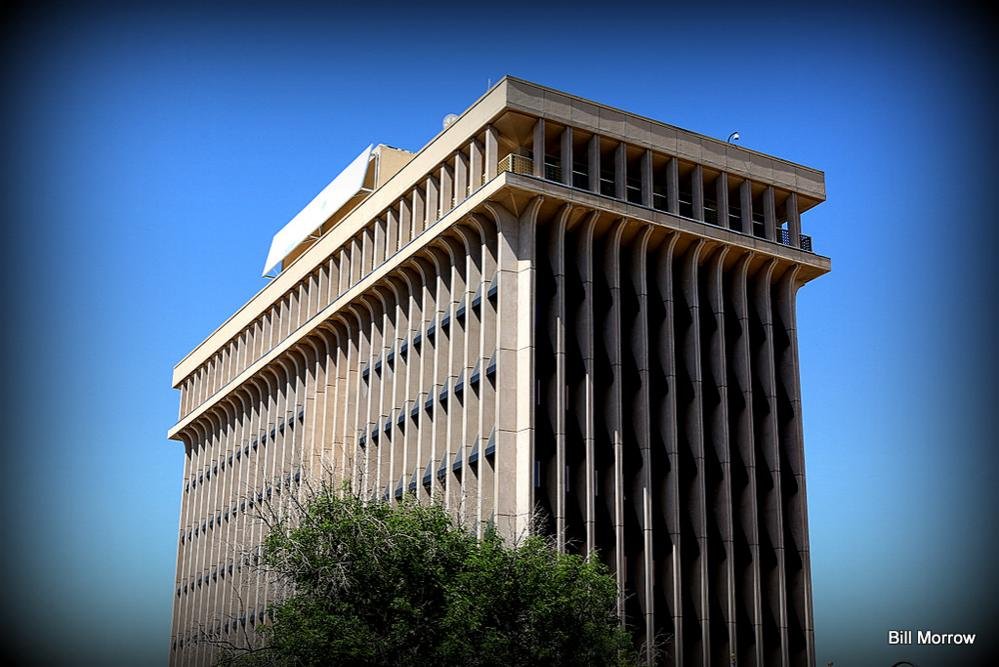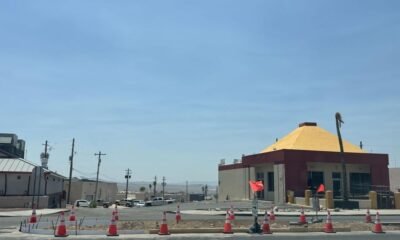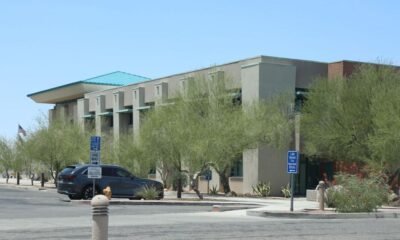arizona
Ready to Take on City Hall? Here’s Your Game Plan!

Some believe that abstaining from politics is a statement of dissent, but this view is misguided. Ignoring the political landscape will not shield you from its consequences; instead, it often exacerbates the issues you seek to avoid.
The reality is compelling: active participation can lead to significant change. When citizens engage in public discourse, they prompt local officials to take notice. This is not just theory; it’s a proven outcome seen time and again in community meetings.
Local leaders, such as city council members, are typically keen to cater to their constituents. They often prefer collaborative solutions. Engaging in these discussions can soften negative impacts or even transform planned initiatives for the better. Timing is critical—getting involved early in the decision-making process can set the stage for positive outcomes.
To aid public involvement, the Tucson Sentinel has begun publishing summaries of upcoming public meetings, encouraging residents to participate in local governance.
However, newcomers might find the routine of these meetings tedious. Familiarity with the process is key to overcoming any confusion. Experience reveals the necessity of translating the bureaucratic jargon into layman’s terms, providing clarity to issues discussed.
To prepare for engagement, acquiring the agenda beforehand is essential. Agendas for various governmental bodies are available online. If they prove difficult to locate, contacting the clerk’s office can streamline your access to this crucial information.
State laws require meeting agendas to be posted 24 hours in advance. Changes can occur up until that window closes, ensuring that constituents are informed but also leaving room for surprises.
It’s important to request any background materials related to agenda items. This information includes reports and recommendations that can greatly inform public discussions. Remember, this information is yours by right, funded through your taxes.
Understanding the language used in these meetings can be a challenge. Bureaucratic terms often obscure straightforward communication. A casual conversation sounds much different than the formal exchange of questions and answers that characterizes these meetings. Clarity should always be the goal of public discourse.
Showing up punctually for meetings is vital. Whether attending in person or via live stream, being on time can prevent missing important discussions. Seating arrangements matter too; sitting towards the back provides a vantage point for observation and engagement.
For those advocating for a cause, demonstrating numerical strength can significantly influence decision-makers. If you can rally supporters, your presence alone can shift local governance dynamics.
If you raise legitimate concerns, even as a solo advocate, elected officials are likely to take notice. They prefer to address issues than leave concerns unaddressed. Being proactive in discussions surrounding initiatives you support is equally beneficial; addressing potential setbacks before they escalate can help sustain community satisfaction.
Different boards have distinct protocols for public input, thus being aware of these can enhance participation effectiveness. Each speaker typically has a limited time to voice their opinions, and all submissions become part of the public record.
Meetings generally begin with an invocation and the Pledge of Allegiance, although the latter has been occasionally omitted during virtual gatherings. Legal precedents affirm the constitutional backing of these practices, yet debates about their appropriateness linger.
Engaging early in the legislative process can lead to more effective advocacy. Participating in advisory commissions allows community voices to shape discussions before they escalate to official agendas. This proactive approach can ease the decision-making burden for officials, aligning their decisions with community needs.
When you arrive, you may find preliminary discussions occurring privately, often regarding sensitive matters. Such executive sessions are critical, covering issues ranging from legal disputes to personnel matters and must adhere to transparency laws concerning agenda disclosure.
Notable agenda items, such as liquor license applications and consent agendas, streamline decisions but warrant scrutiny. Oversight is essential to prevent the approval of controversial items without public knowledge.
During public comment periods, ensure timely participation with relevant topics to maximize impact. Non-agenda discussions cannot result in immediate actions, reinforcing the importance of being specific and prepared.
Historically, rezonings and laws require public hearings, permitting community input on potential shifts in land use regulations. Developers must provide substantial evidence that proposed projects will serve community interests, reflecting a significant responsibility placed upon them.
If you feel called to effect change beyond participation, consider running for a position within local government. Understanding that these elected roles are inherently held by the public can empower you to become part of the change you seek.
Ultimately, silence enables the status quo to persist. Yet by engaging in political processes, even at the most granular level, you can significantly shift the dynamics of local governance.


















